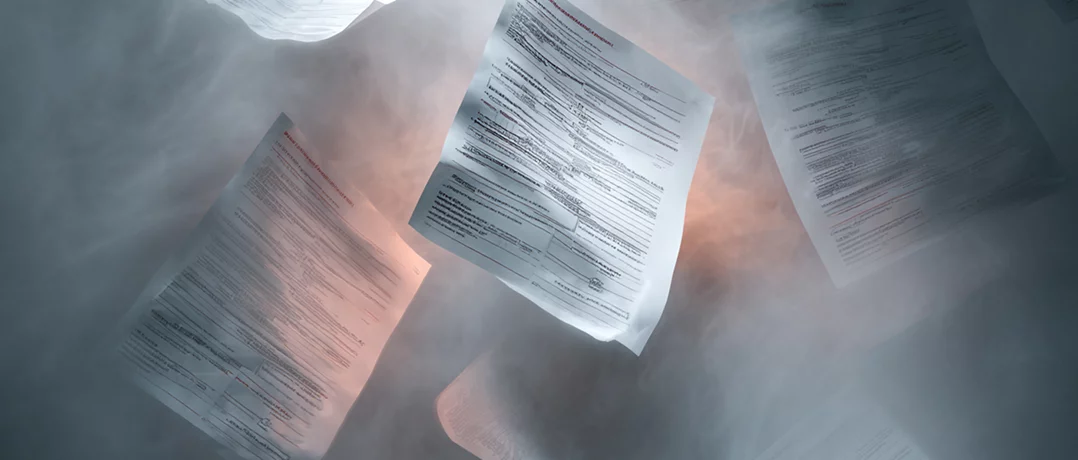Lebanon’s diaspora faces a last-minute scramble to register as political deadlock over whether they can vote for 6 seats or all 128 MPs throws the 2026 elections into uncertainty.
The Lebanese diaspora left in ambiguity

The hour of reckoning has struck! Only 4 days are left until the expatriates’ voter registration deadline comes to end.
The remaining period is indeed very tight, but there is still time for the diaspora to register to vote in the upcoming 2026 elections. The sticking point, however, lies in Parliament. One of the main reasons hindering Lebanese abroad from applying is the ambiguity and uncertainty engulfing the fate of their vote. Expatriates are yet to understand whether their participation in the parliamentary elections will be limited to merely 6 overseas Members of Parliament (MPs) or expanded to include all 128 representatives in Lebanon.
Given that Parliament confronted the very same predicament just 4 years earlier, the Lebanese people (including those in the diaspora) reasonably expected their leaders and lawmakers to anticipate the looming challenges and resolve the issue well before the 2026 elections. Instead, the country now finds itself reliving a familiar crisis, a déjà vu.
From here, many have remained reluctant from registering, preferring to either await the final outcome, or surrender their fundamental right altogether.
Recent developments regarding the fate of the diaspora’s electoral voting right
On November 6, 2025, the Council of Ministers, in a session headed by Lebanese President General Joseph Aoun, approved an urgent draft law that stipulates the suspension of the 2017 Parliamentary Elections Law (Law No. 44/2017) provisions related to the creation of District 16, which includes 6 overseas seats for expatriates, particularly with regards to Articles 112, 121 and 122 as well as Paragraph 1 in Article 118. Instead of canceling them altogether, as was proposed by some, the Cabinet nevertheless opted for a similar decision taken in 2021, urging for the provisions’ suspension “for a single time only.”
Furthermore, Article 84 and Paragraph 3 in Article 113 were amended. The former revolves around adopting the QR code method at major polling centers outside the electoral districts specified in Article 1 (however based on a pre-registration system), given that the decision to rely on the electronic magnetic card and the mechanism of major polling stations failed to materialize. As for the latter, it proposed the extension of the November 20 deadline regarding the diaspora’s voting registration till December 31, 2025. This decision is meant to provide additional time for the expatriates to register for the upcoming elections.
Despite being adopted on November 6, 2025, it took 11 days for the Cabinet and the President to refer the urgent draft law to Parliament, due to technical issues. As the government cited the need for the required signatures to be met, President Aoun was on an official trip abroad. Following his arrival to Beirut, the president signed a decree referring the urgent draft law to the Parliament to amend and suspend certain provisions of the parliamentary elections law on November 17, 2025.
Solution lies in the “People’s Assembly”: the Lebanese Parliament
Now that the President has signed the decree and the Cabinet has sent the urgent draft law to Parliament, the responsibility and solution rests on the latter itself. It is only natural to return to the source of all authority: the people.
Alas, with all the pressure applied by the Cabinet, presidency, local political powers and the diaspora abroad, the ultimate decision (be it constitutionally or not), lies with Parliament Speaker Nabih Berri. He alone retains the power to either put the urgent draft law on track towards adoption or not. From here, two consequential scenarios await us:
- Adopting the Cabinet’s urgent draft law: Speaker Berri might resort to including the draft law in the General Assembly’s agenda to be voted on. Given that the majority of the MPs (more than 64 MPs) have already voiced their support for concept of allowing the diaspora to vote for all 128 MPs from their country residence abroad, the bill would most likely pass, thus achieving the desired outcome.
- Buying time and shelving the urgent draft law: Speaker Berri might refer the draft law to the parliamentary subcommittees tasked with discussing the proposed election laws, thus postponing its adoption. Should this scenario occur, the November 20 deadline would have well been exceeded, and the unregistered diaspora would be left with no possibility to include their name once more.
Despite this blurry and pessimistic reality, many advise the Lebanese expatriates to register today before the November 20 deadline expires. Jean Nakhoul, elections expert and analyst, confirmed on a post on his X account that “Legally, there is no longer any possibility of implementing District 16 and electing the 6 representatives. Therefore, registering today will not harm you because you are faced with one of the two possibilities: either the amendment of the law to allow voting for the representatives from within the country, or the suspension of the expatriate issue and the cancelation of the registration.” Based on the latter, “you can then travel to Lebanon to vote even if you have already registered your names.”



